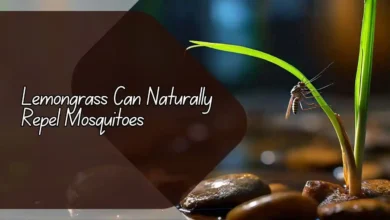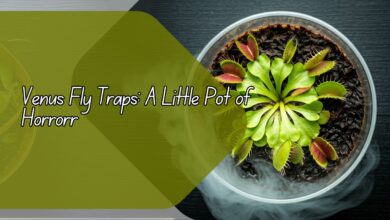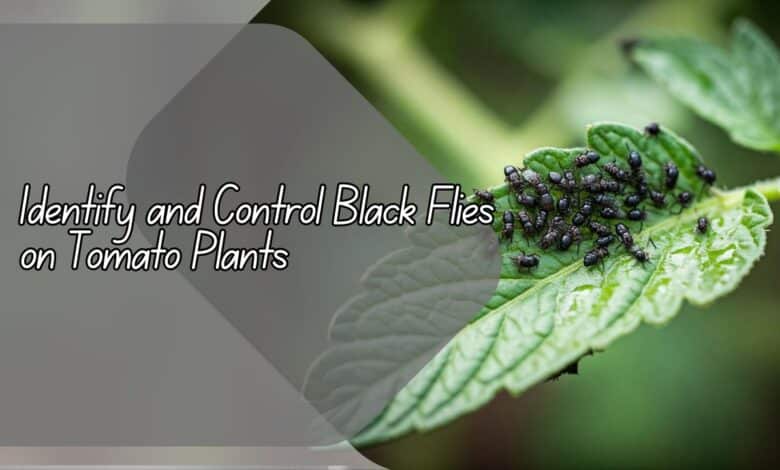
How to Identify and Control Black Flies on Tomato Plants
A common issue gardeners face when growing tomato plants is the presence of black flies. These pesky insects can cause damage to the plants and hinder their growth. In this article, we will discuss how to identify black flies in tomato plants and provide methods for controlling them. By following these tips, you can keep your tomato plants healthy and thriving throughout the growing season.
How can I identify black flies on my tomato plants?
Black flies, also known as aphids, are small insects that are usually black or dark brown in colour. They can often be found feeding on the undersides of tomato plant leaves. One of the most common signs of black fly infestation is the presence of sticky honeydew residue on the leaves, which is a byproduct of their feeding. Additionally, you may notice distorted or yellowing leaves, stunted growth, and wilting plants.
To identify black flies on your tomato plants, carefully inspect the undersides of the leaves for the presence of the insects. You may also see clusters of tiny insects on the stems or buds of the plants. It is important to act quickly once you have identified black flies on your tomato plants to prevent further damage.
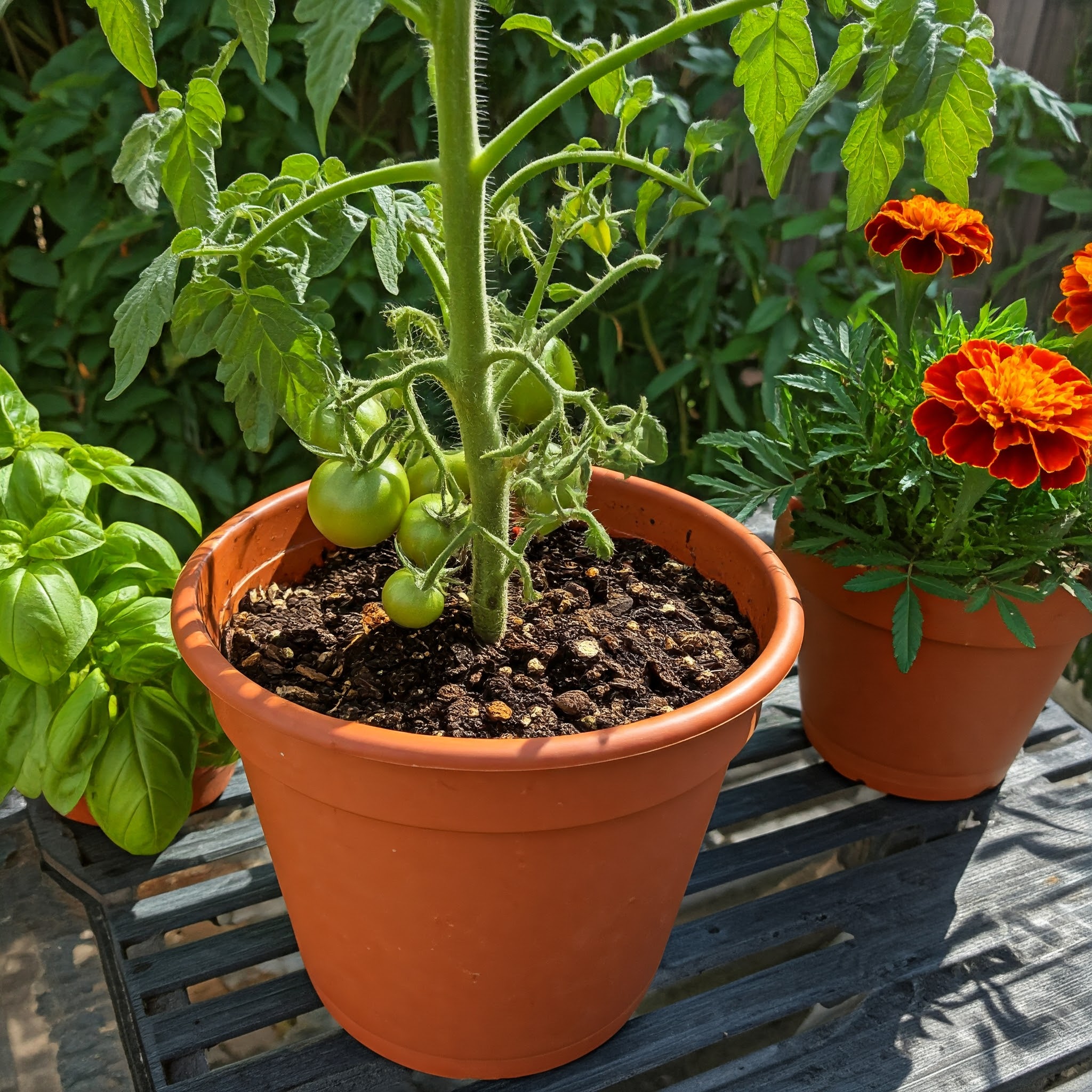
How can I control black flies on my tomato plants?
There are several methods for controlling black flies on tomato plants, ranging from natural remedies to chemical treatments. One effective approach is to introduce natural predators, such as ladybugs or lacewings, to the garden to help keep the black fly population in check. You can also try spraying the plants with a mixture of water and dish soap, which can help to suffocate the insects.
If natural remedies are not effective, you may need to resort to using a chemical insecticide to control black flies on your tomato plants. Be sure to choose a product that is labelled for use on tomato plants and follow the instructions carefully to avoid damaging the plants. It is also important to reapply the insecticide as directed to ensure that the black flies are fully eliminated.
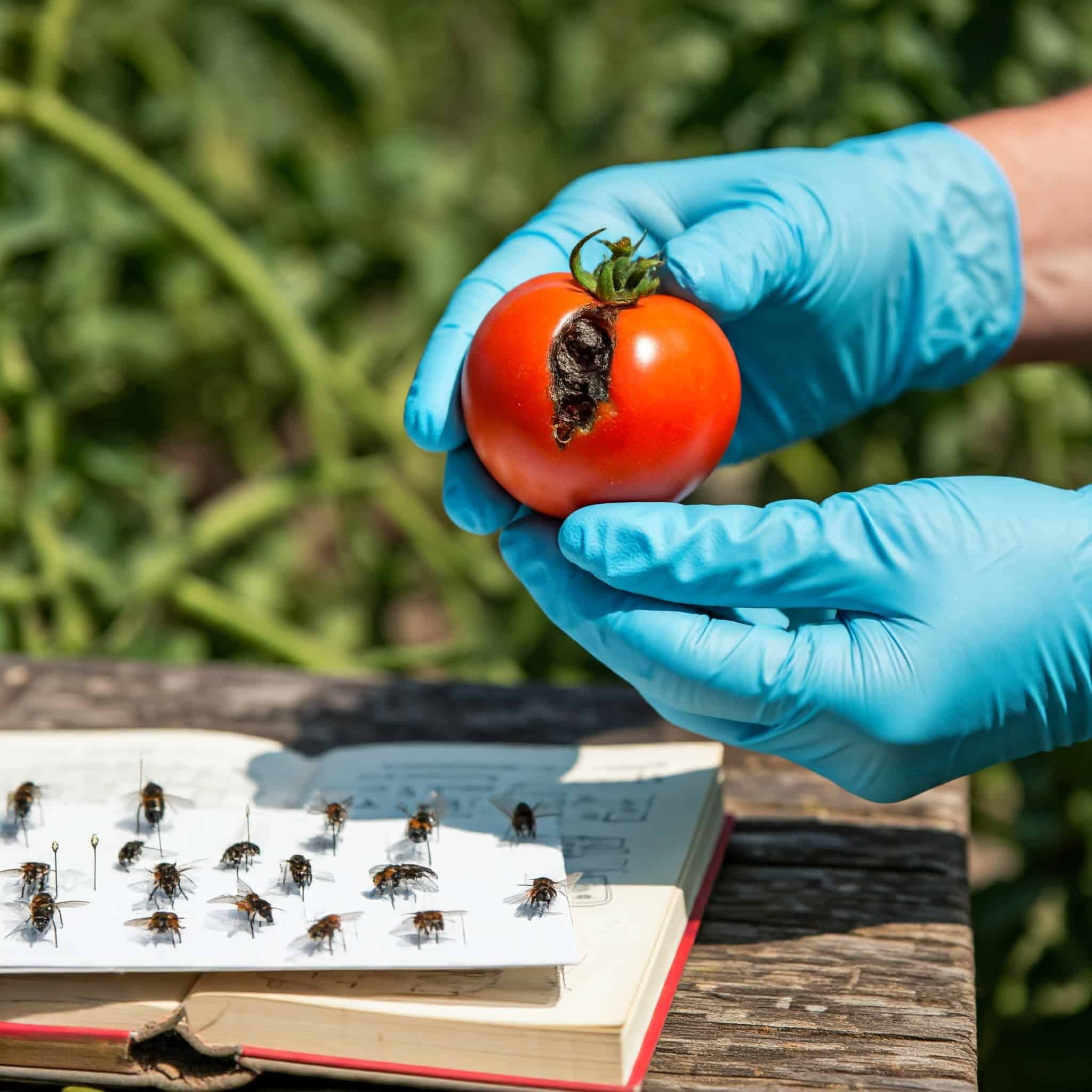
How can I prevent black flies from infesting my tomato plants?
One of the best ways to prevent black flies from infesting your tomato plants is to practice good garden hygiene. This includes regularly removing any debris or weeds from the garden, as these can serve as breeding grounds for the insects. Additionally, rotating your crops each year can help to disrupt the black flies’ life cycle and reduce the likelihood of infestation.
You can also plant companion plants, such as marigolds or basil, near your tomato plants to help repel black flies. These plants emit natural compounds that are unappealing to the insects, providing a natural barrier to infestation. Finally, regularly inspecting your tomato plants for signs of black flies and taking prompt action can help to prevent a full-blown infestation.
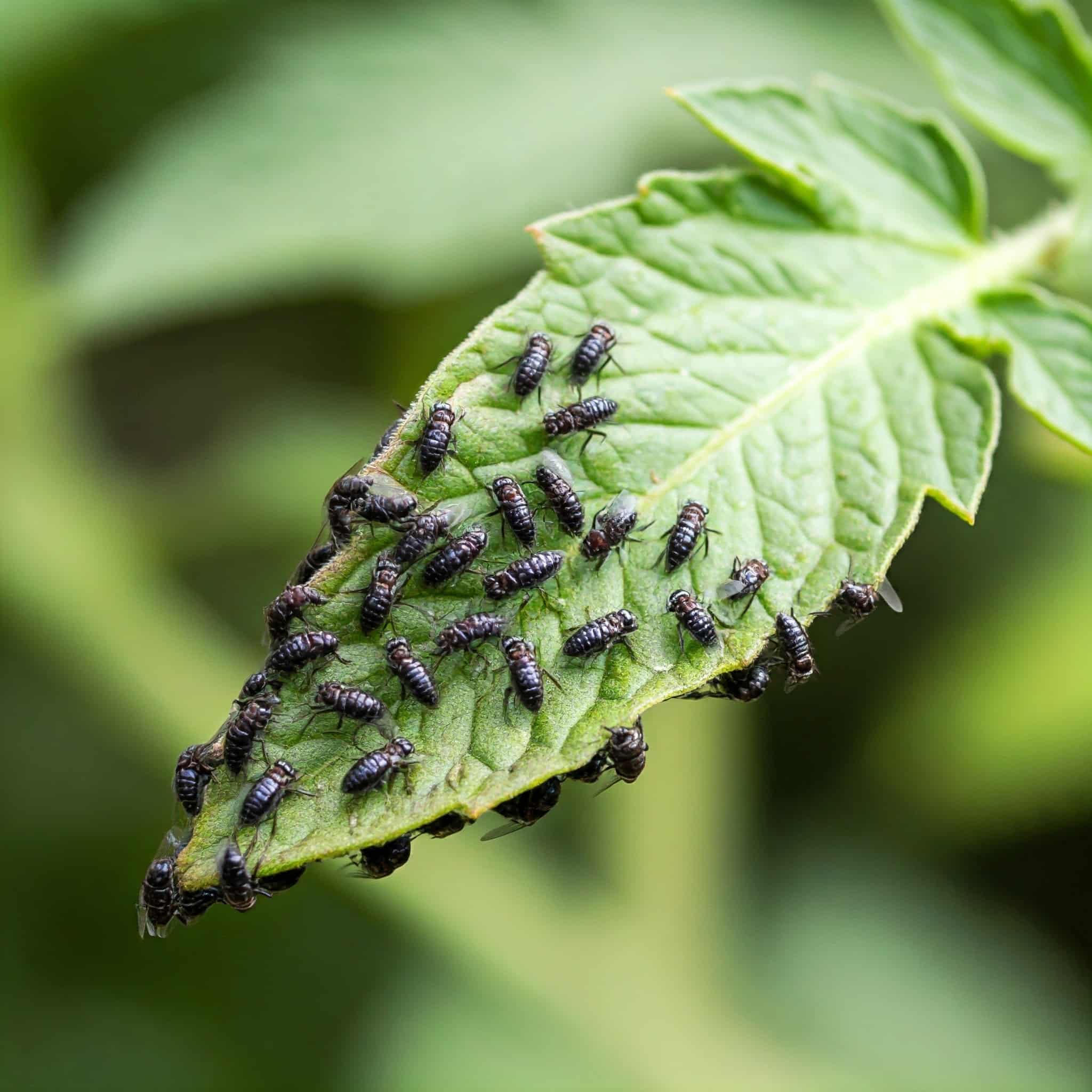
What should I do if my tomato plants are already infested with black flies?
If your tomato plants are already infested with black flies, it is important to take action quickly to prevent further damage. Begin by removing any heavily infested leaves or stems from the plants, being careful to dispose of them properly to prevent the insects from spreading. You can also try washing the plants with a strong stream of water to dislodge the black flies.
If natural remedies are not effective, you may need to use a chemical insecticide to control the infestation. Be sure to follow the instructions carefully and reapply the insecticide as directed to fully eliminate the black flies. It is also a good idea to continue monitoring the plants for signs of reinfestation and take preventive measures to avoid future problems.
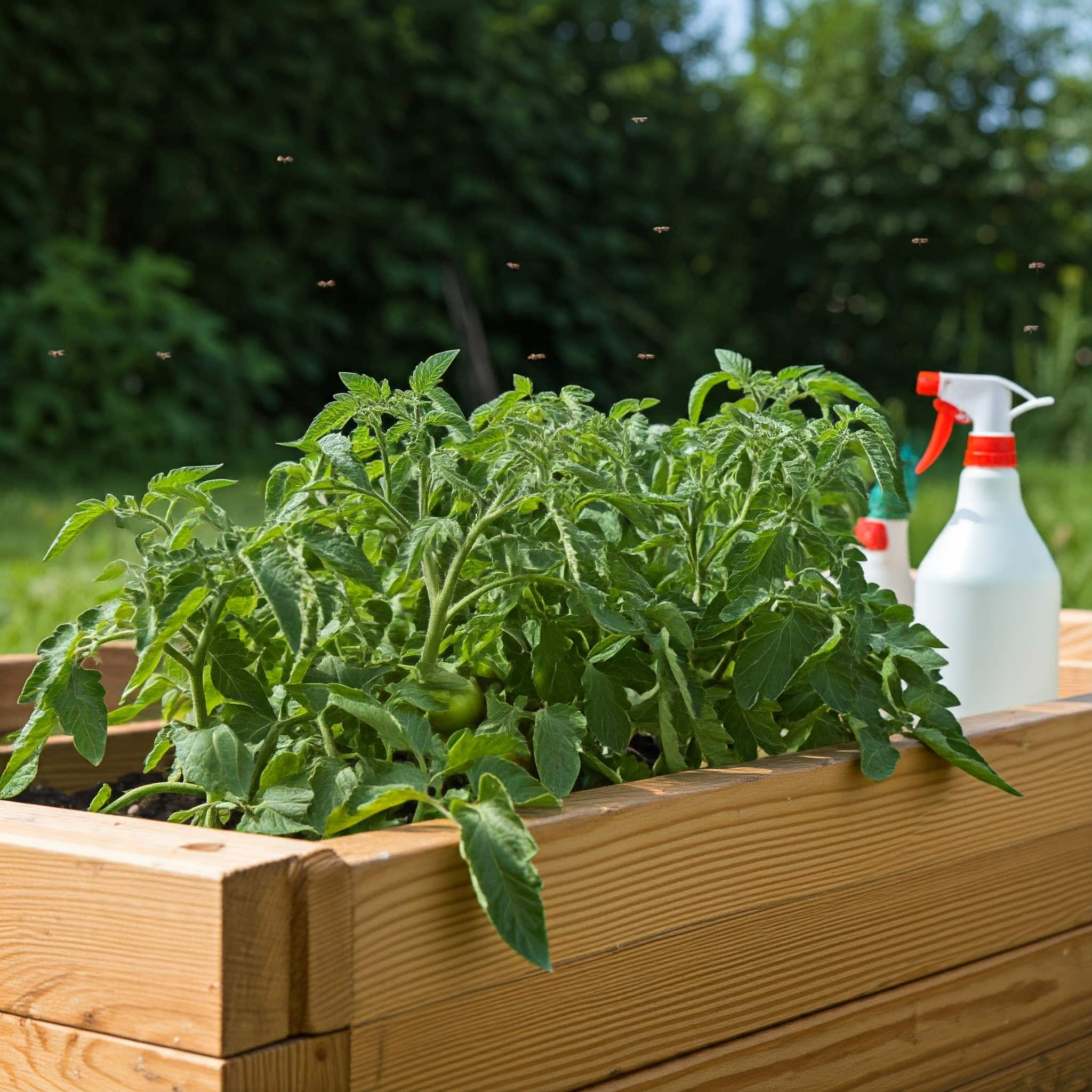
Conclusion
Black flies can be a nuisance for tomato plants, but with the right identification and control methods, you can keep your plants healthy and productive. By practising good garden hygiene, using natural remedies, and taking prompt action when needed, you can prevent black flies from causing serious damage to your tomato plants. Remember to regularly inspect your plants for signs of infestation and be proactive in addressing any issues that arise.
FAQs
Can black flies harm other plants in my garden?
While black flies are most commonly found on tomato plants, they can also infest other plants in your garden. Be sure to regularly inspect all of your plants for signs of black fly infestation and take preventive measures to protect them.
Are black flies harmful to humans?
Black flies are not harmful to humans, but their presence can be annoying and damaging to plants. If you suspect that black flies have infested your tomato plants, take action promptly to prevent further damage.
What time of year are black flies most active?
Black flies are most active during the warmer months of the year, typically from spring through early fall. Be sure to keep an eye on your tomato plants during this time and take preventive measures to avoid infestation.
Can I use homemade remedies to control black flies on tomato plants?
Yes, there are several homemade remedies that can be effective in controlling black flies on tomato plants, such as water and dish soap spray. Be sure to research and follow instructions carefully to ensure the best results.
Will using chemical insecticides harm my tomato plants?
When using chemical insecticides to control black flies on tomato plants, it is important to choose a product that is labelled for use on tomatoes and follow the instructions carefully. With proper application, chemical insecticides can effectively control the infestation without harming the plants.







